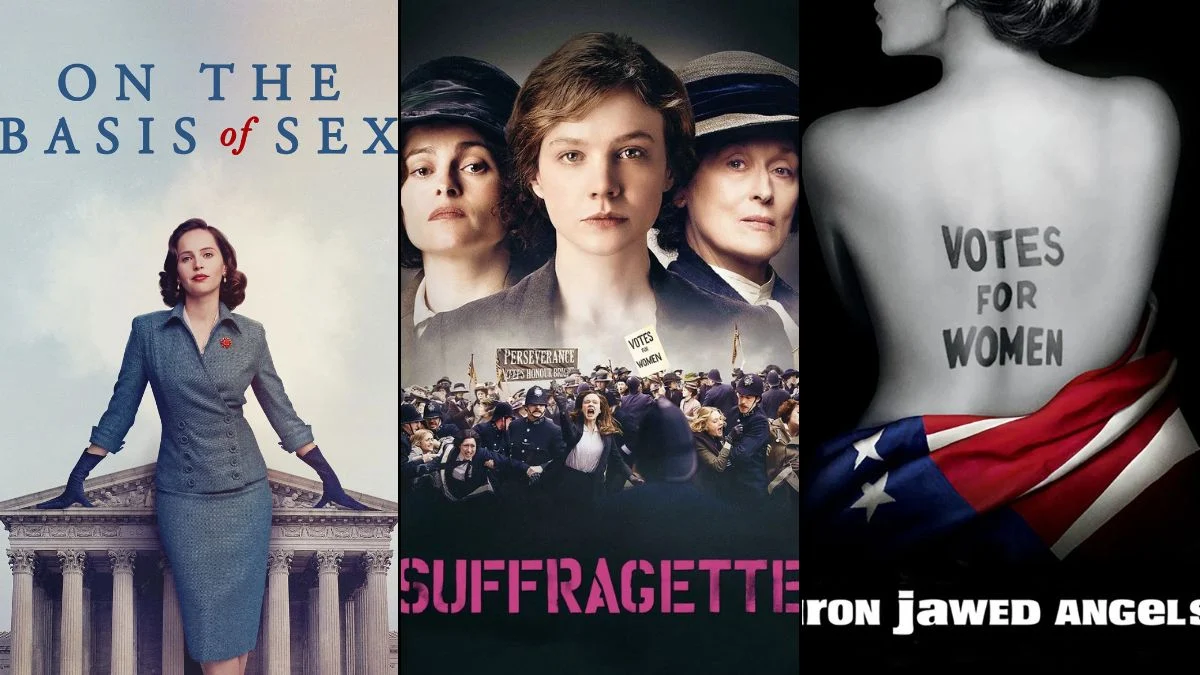
Movies have served as a potent tool to chronicle the struggle for equality in various settings such as courts, protests, classrooms, and homes. These films demonstrate how policy transformations and personal decisions intertwine in real-life narratives, dramatic reenactments, and documentaries that focus on individuals who advocated for equal rights and opportunities. They delve into the workings of activism, the tactics that lead to victories, and the silent bravery that propels progress within communities.
This collection comprises features and documentaries that delve into topics such as legal fairness, voting rights, work environments, education, personal freedoms, and political representation. Each title provides a comprehensive understanding of the rights in question, the individuals involved, and the resulting aftermath, allowing viewers to grasp how these significant events contribute to a broader narrative of advancement.
‘Suffragette’ (2015)
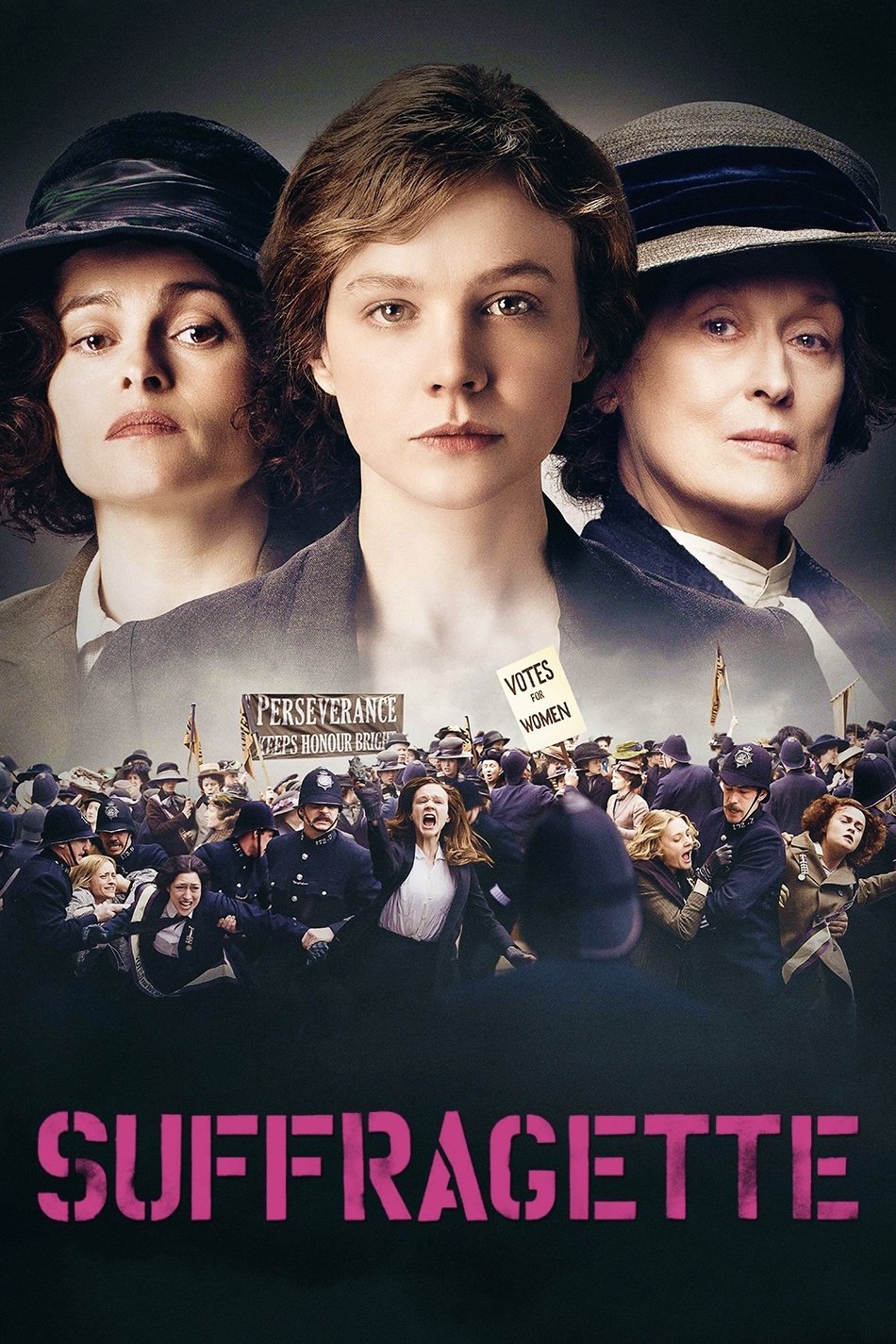
In London, during the climactic phase of the British struggle for women’s voting rights, known as the suffrage movement, the film ‘Suffragette’ unfolds. The narrative focuses on an ordinary laundry worker who becomes entangled in the Women’s Social and Political Union. This movie portrays various events such as acts of civil disobedience, surveillance, arrests, hunger strikes, forced feedings, and the tragic death of activist Emily Wilding Davison at a significant horse race, which served as a catalyst for increased public interest in their cause.
Under the guidance of director Sarah Gavron and scriptwriter Abi Morgan, this film is headlined by Carey Mulligan, Helena Bonham Carter, and Meryl Streep portraying Emmeline Pankhurst. The narrative employs accurate historical background to depict how ordinary women from the working class played pivotal roles in a movement that challenged property destruction charges, police suppression, and severe prison conditions. This movement ultimately ignited a nationwide debate on the issue of voting rights.
‘Iron Jawed Angels’ (2004)

‘Iron Jawed Angels’ highlights Alice Paul and Lucy Burns, who aggressively advocated for a federal amendment in America following unsuccessful state-by-state attempts over the years. This film recounts the Silent Sentinels, peaceful protests outside the White House, multiple arrests, and the Occoquan Workhouse where women were subjected to forced feedings during hunger strikes.
Hilary Swank and Frances O’Connor take center stage alongside Anjelica Huston as Carrie Chapman Catt, with the storyline detailing how divisive tactics within the movement and strategic manipulation of media influenced decision-makers, ultimately leading to the amendment’s approval by Congress and its ratification by the states, thereby guaranteeing women’s suffrage across the nation.
‘Made in Dagenham’ (2010)
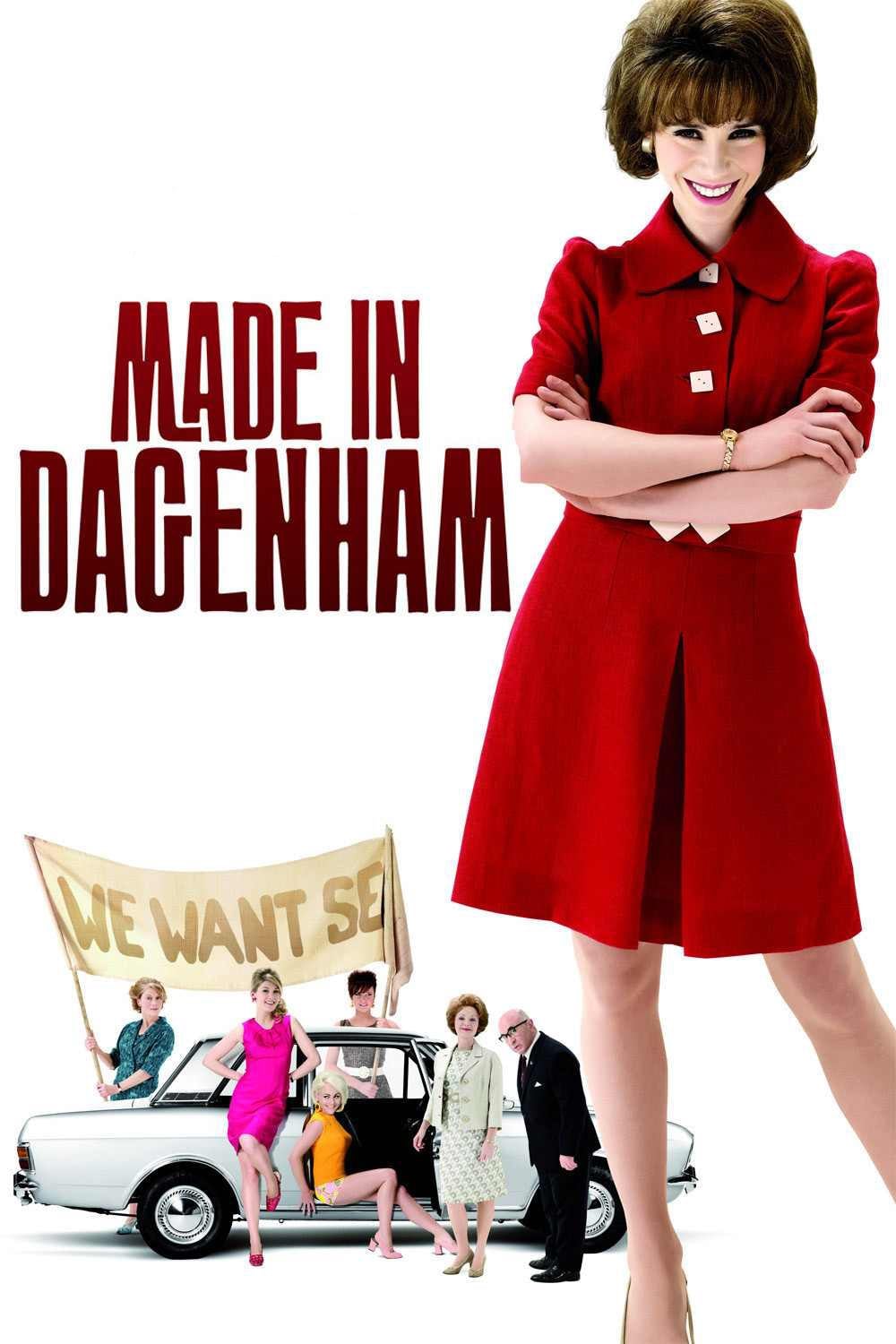
Title ‘Made in Dagenham’ portrays the strike initiated by seamstresses at Ford’s factory in Dagenham, who opposed the unequal wage structure based on gender. The movie chronicles the journey of activists as they progress from a local conflict to a broader national debate on fair pay and employment systems that undervalued women’s skilled labor.
In the movie, Sally Hawkins portrays a combined leader who communicates with union representatives and government officials such as Barbara Castle. The resolution of the strike played a significant role in setting the stage for the Equal Pay Act in the UK, demonstrating how negotiations, public advocacy, and unity among factories can instigate legislative reforms.
‘The Divine Order’ (2017)
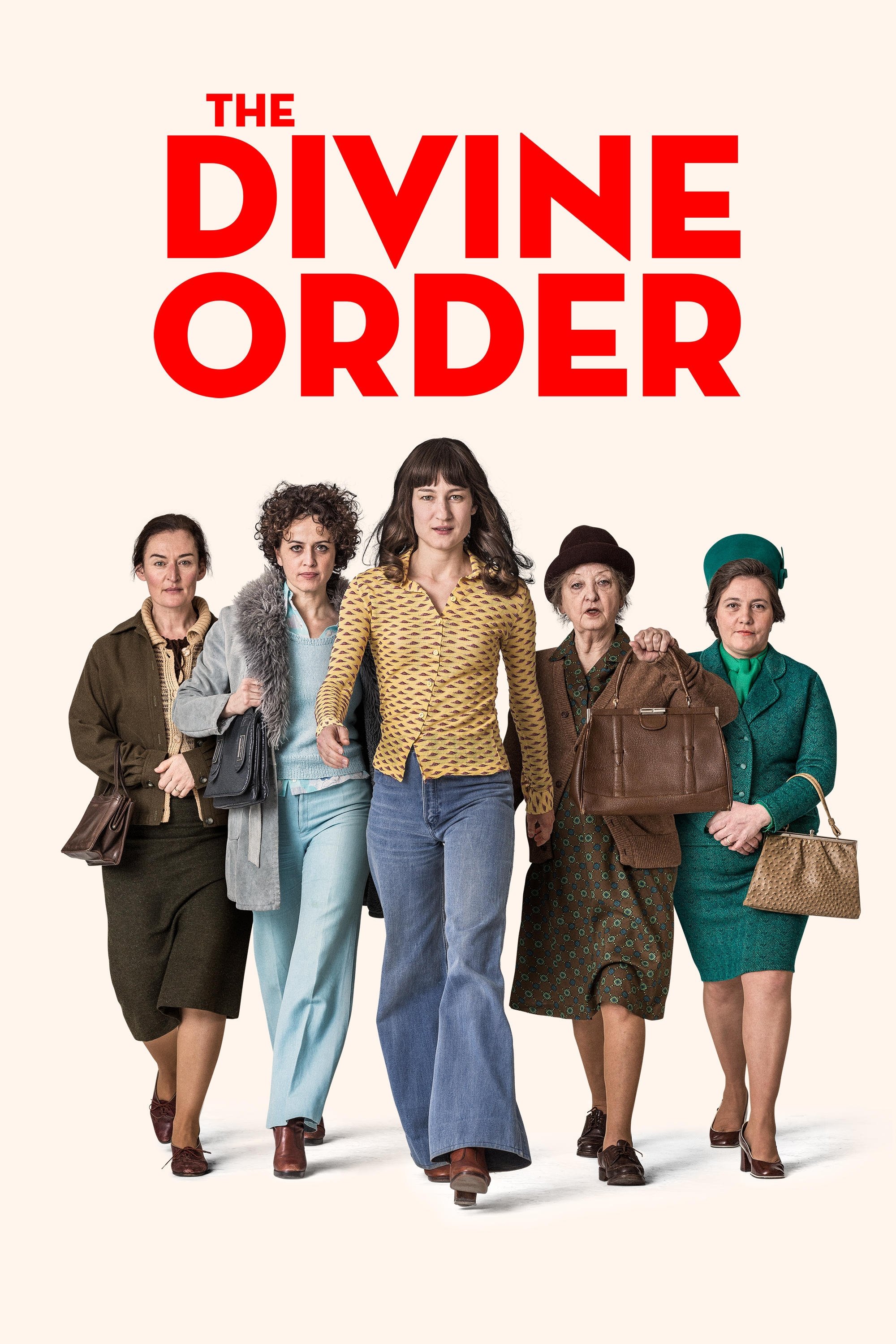
In a quaint Swiss village, the movie ‘The Divine Order’ portrays an inspiring movement led by ordinary women who fought for the right to vote at a federal level. The narrative unfolds as they collect petitions, engage in community discussions, and face resistance within their families and workplaces, ultimately influencing public opinion prior to a national referendum.
Under the guidance of director Petra Volpe, this movie delves into the reasons behind Switzerland granting women federal voting rights later than many other European countries, and demonstrates how local activism intertwined with larger movements. It underscores the impact of changing public opinion, coupled with noticeable organizing efforts, that ultimately led to a significant victory at the polls.
‘On the Basis of Sex’ (2018)
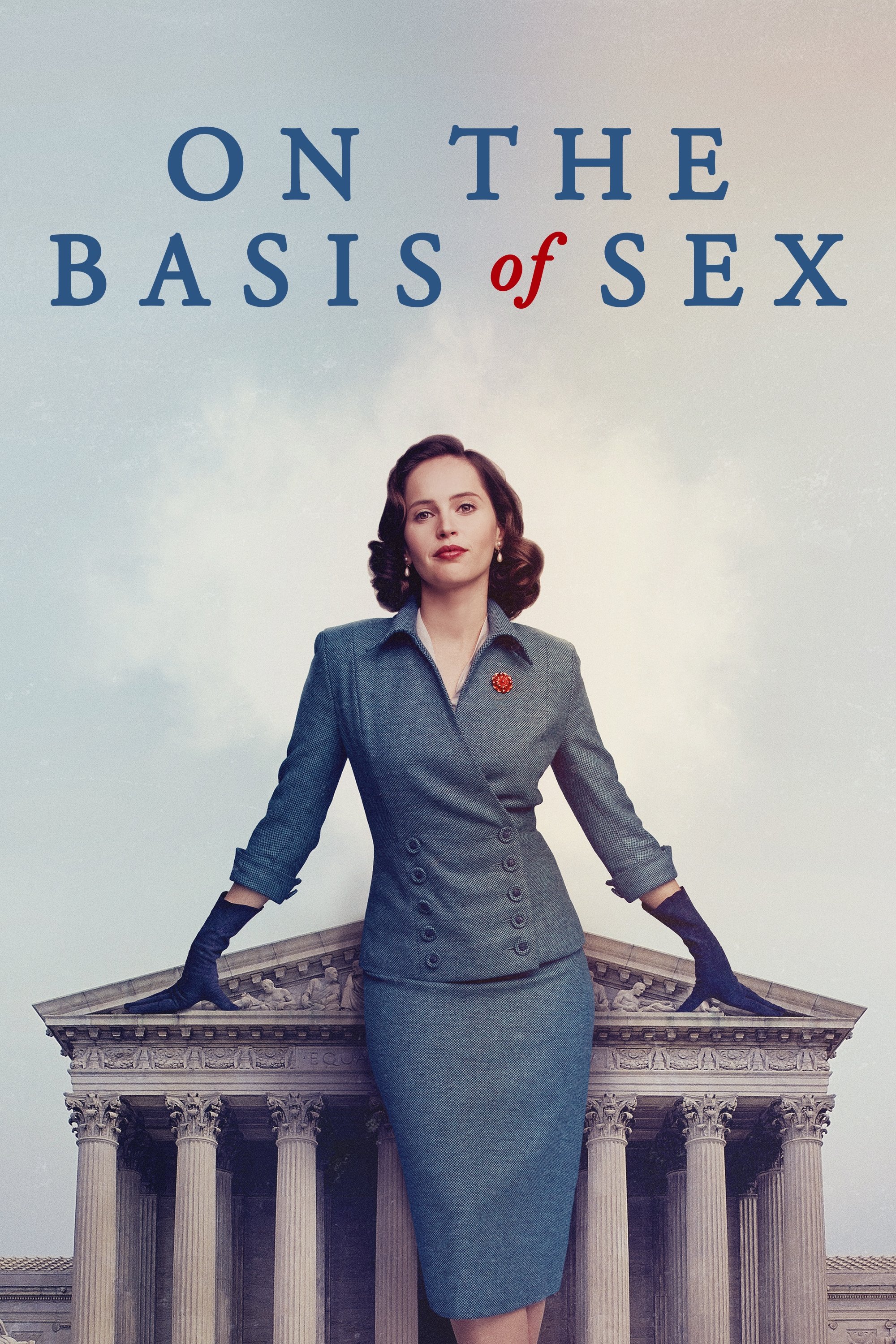
‘On the Basis of Sex’ is a movie that delves into the early professional life of Ruth Bader Ginsburg, highlighting a significant court case she was instrumental in, which contested a tax law that unfairly targeted individuals based on their gender. The film reveals how legal professionals meticulously compiled evidence to demonstrate that laws which unequally treated men and women warranted a more thorough examination by the judiciary.
Under the guidance of director Mimi Leder, this narrative features Felicity Jones and Armie Hammer in key roles. The plot unfolds around activities at the American Civil Liberties Union’s Women’s Rights Project, where collaboration with lawyers and scholars takes place. Intricate courtroom sequences elucidate legal briefs, arguments, and precedents in a straightforward manner, demonstrating how legal principles affect real-life situations such as family caregiving and employment.
Mimi Leder directs this captivating tale with Felicity Jones and Armie Hammer playing pivotal roles. Set within the American Civil Liberties Union’s Women’s Rights Project, we witness a dynamic collaboration between legal professionals and scholars. Courtroom scenes provide an enlightening exploration of legal briefs, oral arguments, and precedents. These elements are skillfully tied to real-world consequences on issues like family caregiving and employment.
Yet another version:
Directed by Mimi Leder, this story stars Felicity Jones and Armie Hammer. It delves into the day-to-day work at the ACLU Women’s Rights Project, showcasing collaboration with lawyers and academics. Courtroom scenes offer a clear examination of legal briefs, arguments, and precedents, illuminating their impact on real-life challenges such as family caregiving and employment matters.
Lastly:
Mimi Leder guides us through this engaging production featuring Felicity Jones and Armie Hammer. The narrative revolves around the ACLU Women’s Rights Project where collaboration with legal experts and scholars unfolds. Courtroom scenes dissect briefs, arguments, and precedents in a way that bridges legal theory to real-world consequences on family caregiving and employment.
‘RBG’ (2018)
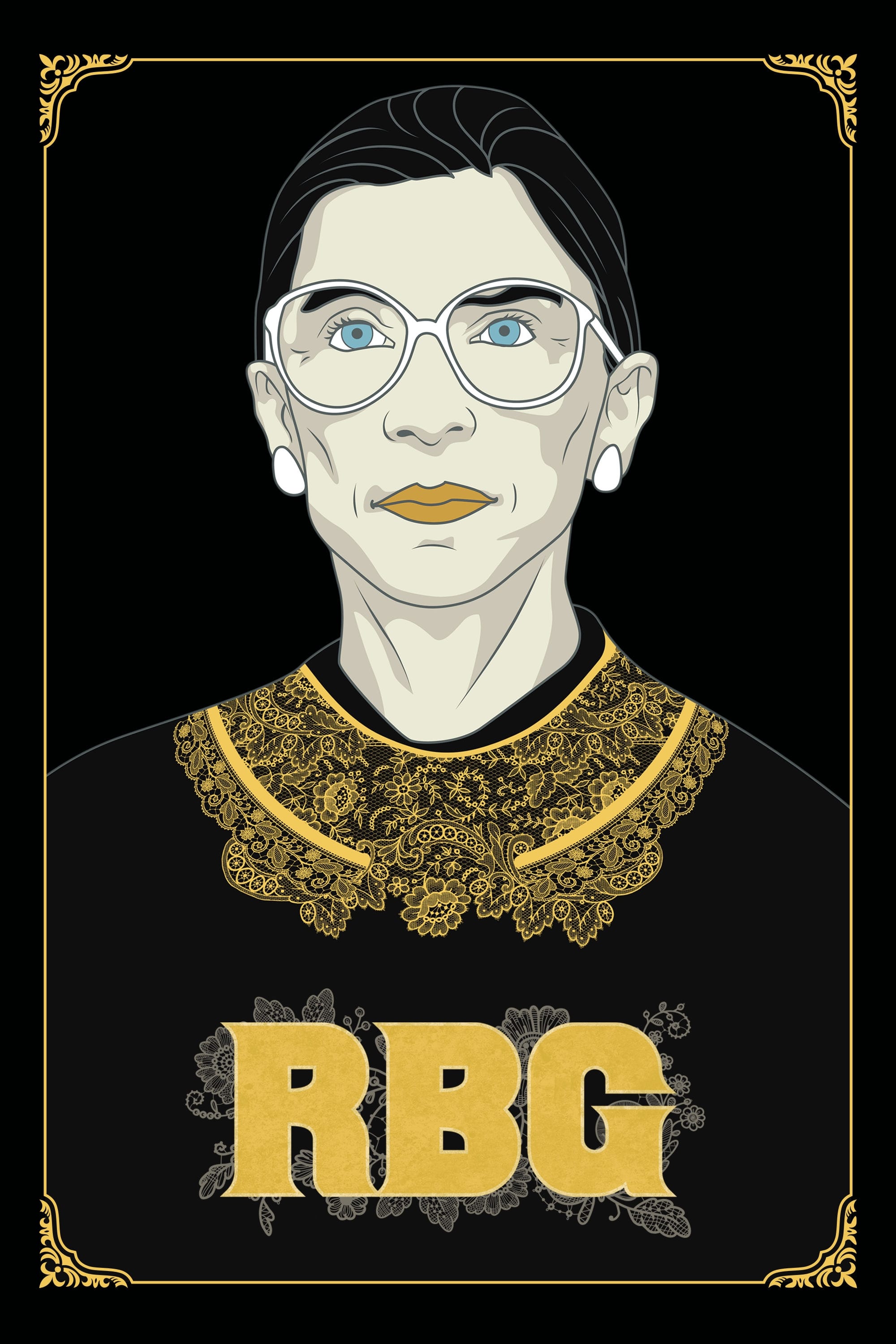
The movie ‘RBG’ provides an insight into Justice Ruth Bader Ginsburg’s legal approach prior to her appointment to the bench, as well as her subsequent opinions and dissents in the Supreme Court. It delves into significant cases that challenged sex-based classifications, demonstrating how strategically selected plaintiffs and facts have contributed to the evolution of equal protection law.
The movie, directed by Betsy West and Julie Cohen, delves into the establishment of the Women’s Rights Project, its adoption of Thurgood Marshall’s strategy for legal battles advocating civil rights, as well as the impact of significant dissents on policy-making. Additionally, it explores mentorship dynamics, working relationships with legal clerks, and the bipartisan ties that shaped judicial tasks.
‘Hidden Figures’ (2016)

Titled ‘Hidden Figures’, this movie narrates the inspiring tale of three African-American women who served as mathematical and engineering professionals at NASA amidst the fierce competition of the space race. The film delves into workplace segregation, the hurdles in acquiring professional recognition, and the challenges preventing advancement opportunities within technical careers.
Under the guidance of director Theodore Melfi and inspired by Margot Lee Shetterly’s book, this movie spotlights Katherine Johnson’s space math computations, Dorothy Vaughan’s initiatives in programming, and Mary Jackson’s journey toward becoming an engineer. It weaves together personal triumphs with broader shifts in education and workforce policies that paved the way for women to excel in science and engineering fields.
‘North Country’ (2005)
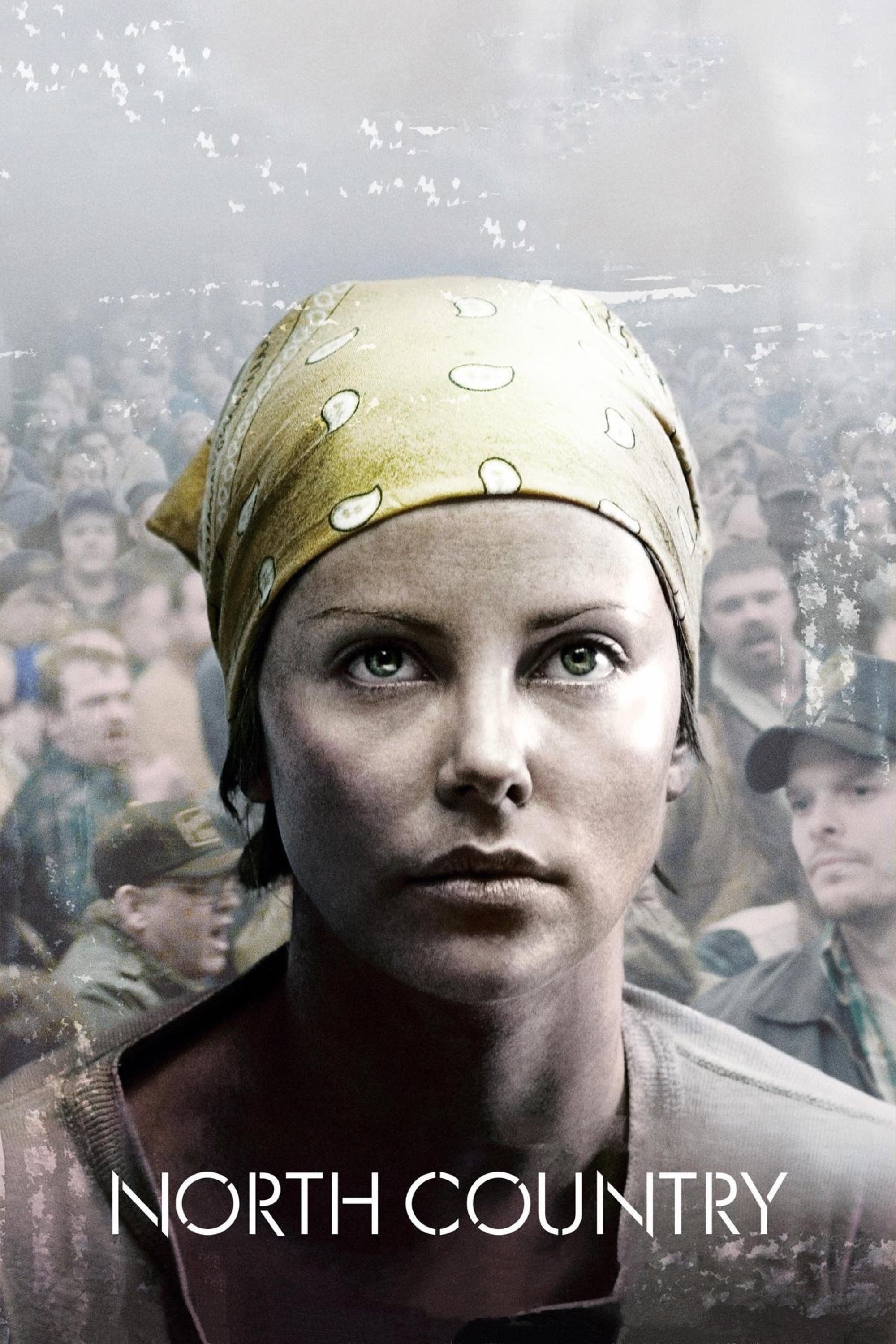
‘North Country’ is inspired by the initial significant lawsuit concerning sexual harassment in U.S. workplaces. This narrative follows a miner as they uncover instances of harassment, gather testimonies, and challenge a corporate environment where such behavior and reprisals were accepted.
The movie, helmed by Niki Caro, features Charlize Theron, Frances McDormand, and Woody Harrelson. This film depicts depositions, union gatherings, and courtroom scenes that laid the groundwork for hostile environment claims as a means of legal redress. It illustrates how these initial cases and their lawyers paved the way for national policy changes within companies by setting significant precedents.
‘Erin Brockovich’ (2000)

In the movie ‘Erin Brockovich’, we follow Erin’s journey as a legal clerk who unveils the issue of groundwater pollution in a small desert town and mobilizes residents to file a lawsuit against a powerful utility company. The film delves into her meticulous research, gathering medical records, personal histories, and corporate documents that established a connection between the contaminants and health problems in the community.
Under the guidance of director Steven Soderbergh, this movie features Julia Roberts portraying the main character. The narrative delves into various aspects related to legal proceedings, such as contingency fees, pressure in arbitration, and settlement structures in intricate lawsuits. It depicts a significant settlement that sparked additional environmental and public health lawsuits, and raised awareness about corporate transparency.
‘9 to 5’ (1980)
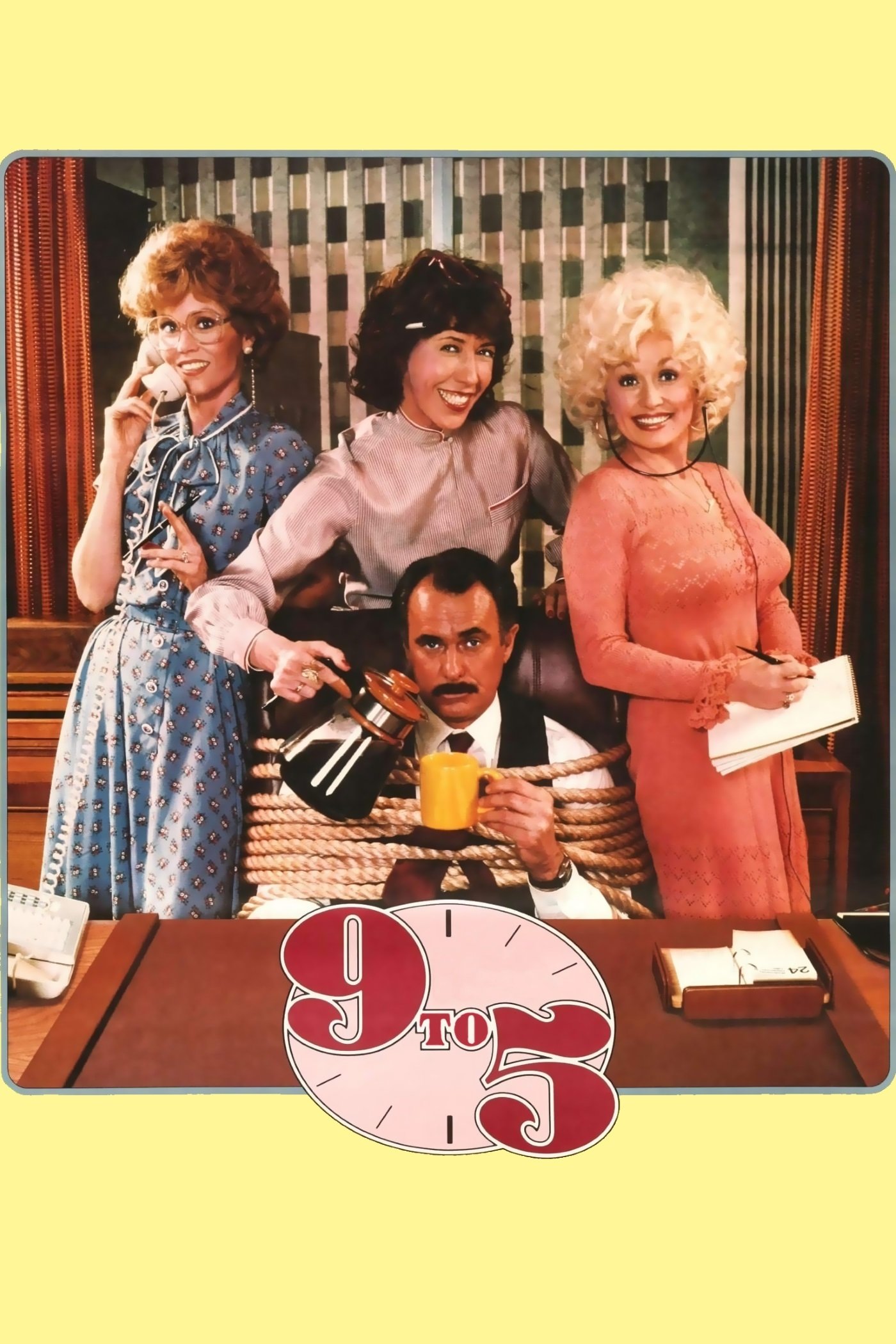
In the setting of a corporate environment, the movie ‘9 to 5’ employs satire as a means to explore and critique issues such as sexual harassment, pay inequality, and limited advancement opportunities for women. The narrative unfolds with employees devising strategies to combat an unfair supervisor, simultaneously experimenting with innovative solutions like flexible working hours and on-site child care services.
The movie, titled “9 to 5,” was helmed by Colin Higgins and featured performances from Jane Fonda, Lily Tomlin, and Dolly Parton. Based on the genuine 9to5 association that championed for clerical employees, this film ignited an extended discourse about office ethos, introduced terminology for workplace mistreatment, and prompted a TV series and a stage production that maintained policy discussions in the public sphere.
‘Norma Rae’ (1979)

As a passionate advocate for workers’ rights, I can’t help but admire the character from ‘Norma Rae’. This captivating movie tells the story of a resilient textile worker who bravely rises to lead the charge in organizing a union within a southern mill. The film follows her journey through various meetings, distributing leaflets, and a pivotal moment on the factory floor that sets the stage for collective bargaining to finally become a reality.
Under Martin Ritt’s direction and featuring Sally Field, this film is influenced by the life of Crystal Lee Sutton and her efforts at a company notorious for labor conflicts. The movie emphasizes the correlation between union recognition, improved working conditions, fair wages, and respect in the workplace, and demonstrates how women’s leadership can significantly impact male-dominated industries, ultimately altering their outcomes.
‘The Accused’ (1988)
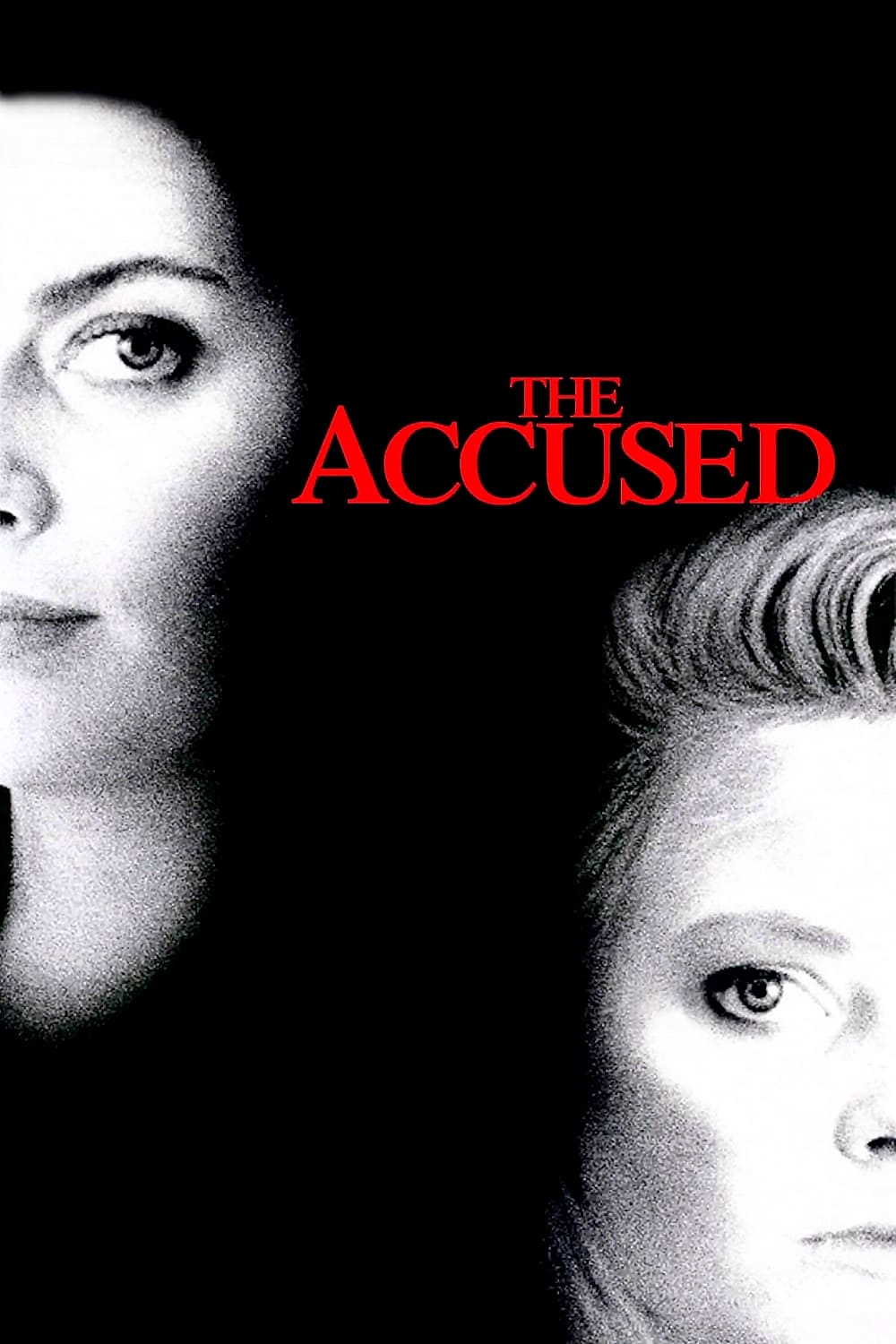
‘On Trial’ – This movie centers around a bar brawl case where the prosecution aims to convict not only the physical assailant, but also those who incited the violence by their actions. The film illustrates the complexities in gathering enough evidence, bargaining with defendants, and the reliance on eyewitness accounts to ensure that both the attackers and instigators are brought to justice.
Under the guidance of director Jonathan Kaplan and featuring performances from Jodie Foster and Kelly McGillis, this film draws inspiration from a high-profile incident in Massachusetts. The narrative served as a catalyst for broader conversations about victim rights, consent, and community involvement in deterring and reporting acts of violence.
‘Women Talking’ (2022)
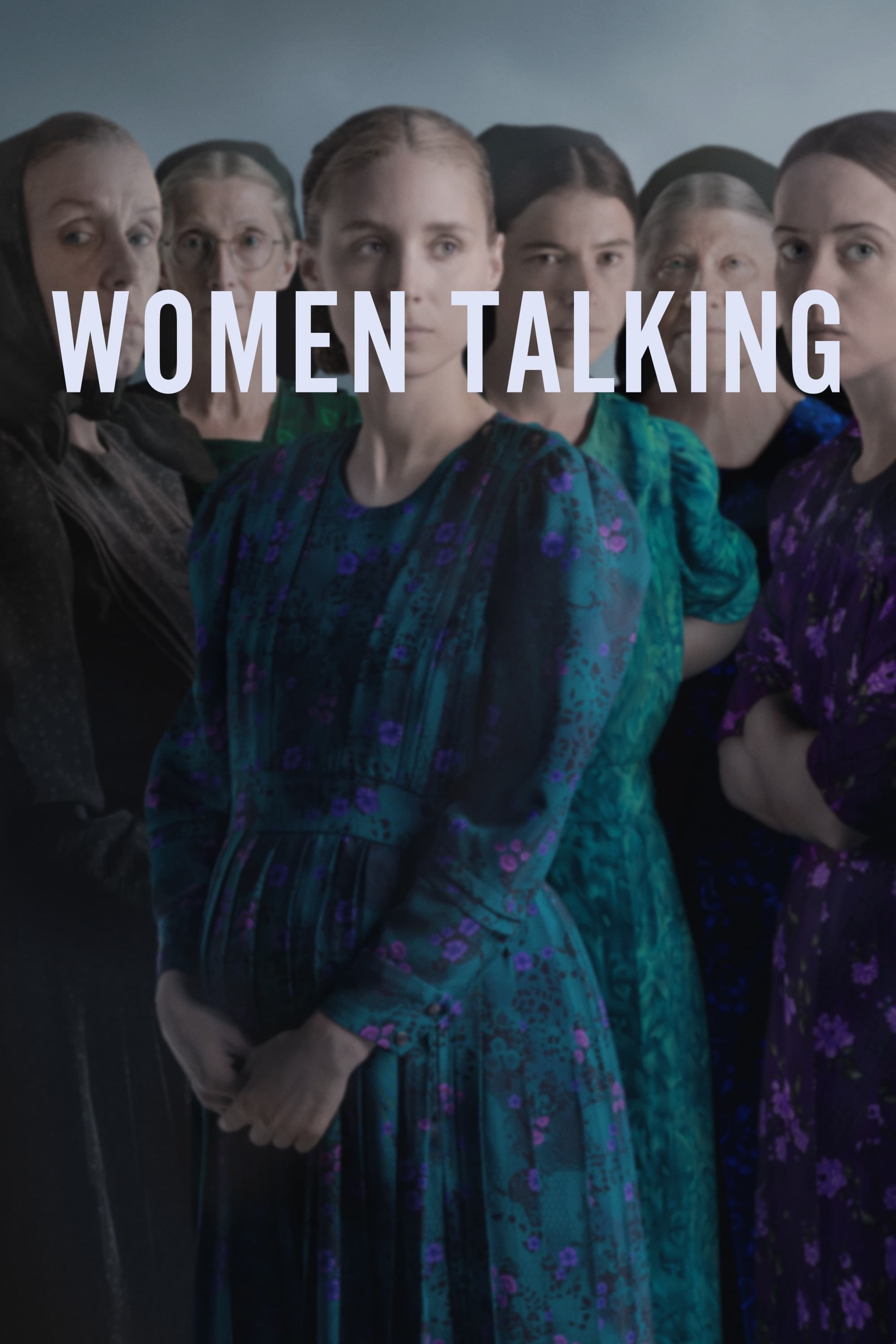
Titled ‘Women Talking’, the story unfolds around a circle of women residing in a remote religious community, grappling with the decision to remain or depart following a string of attacks. The plot is woven together through a succession of discussions, where they ponder over issues such as safety, religion, education, and potential legal action.
The movie, both penned and helmed by Sarah Polley, is based on Miriam Toews’ novel. This film primarily explores group deliberation and decision-making processes. It showcases minutes, voting results, and distinct choices, concluding with a strategy emphasizing consent, personal autonomy, and safeguarding children’s wellbeing.
‘Mustang’ (2015)
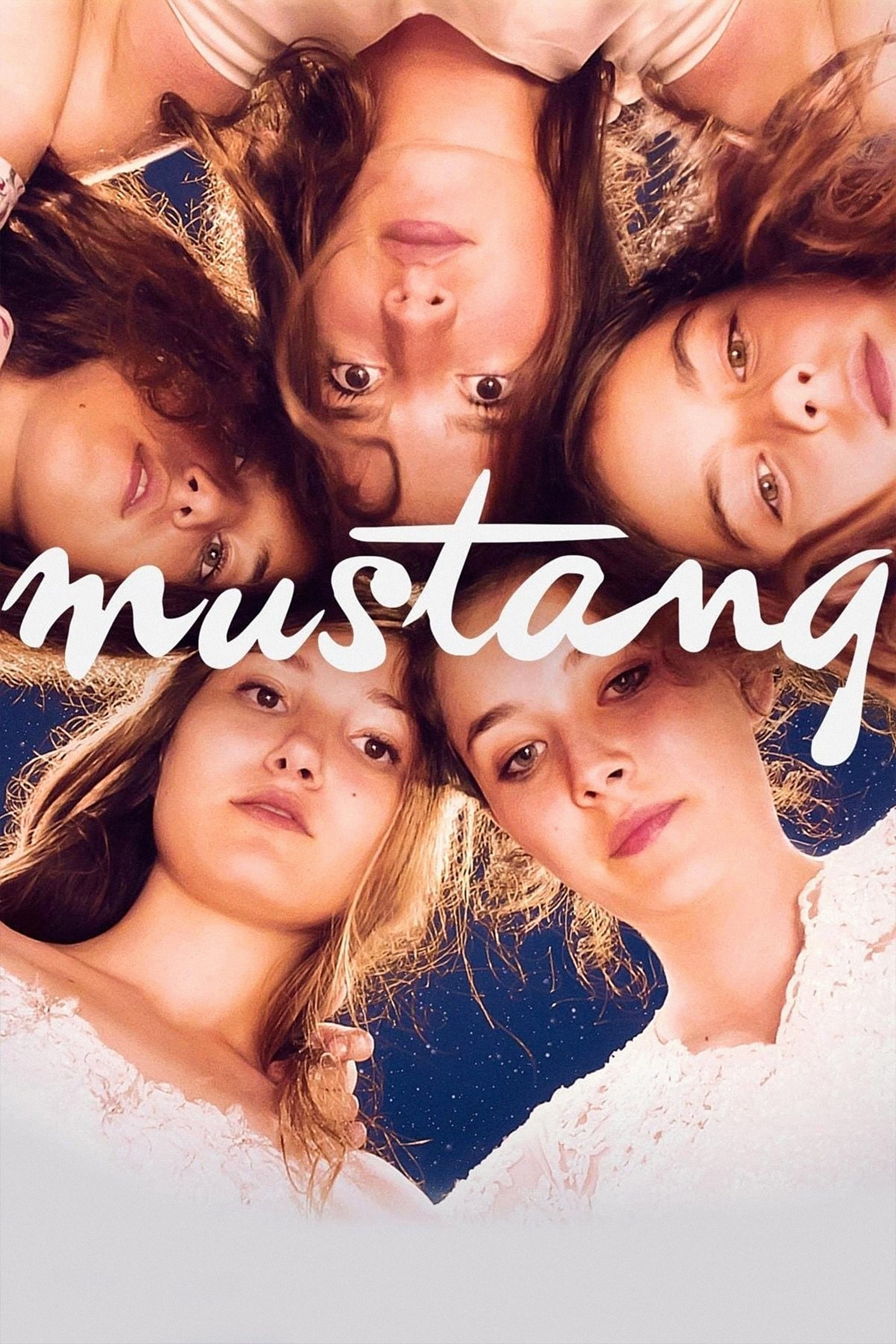
In a quaint coastal town of Turkey, the movie ‘Mustang’ narrates the story of five spirited sisters who encounter increasing limitations following an incident at the beach. The plot unfolds as efforts are made to arrange marriages for them, curb their education, and restrict their freedom. The film captures how these sisters respond to these challenges.
Under the guidance of Deniz Gamze Ergüven, this movie portrays a scenario where community members, family, and authorities impose traditional values that contradict legal entitlements. It gained worldwide acclaim and sparked debates concerning educational equality, guardianship policies, and grassroots activism advocating for girls’ right to self-determination.
‘Wadjda’ (2012)
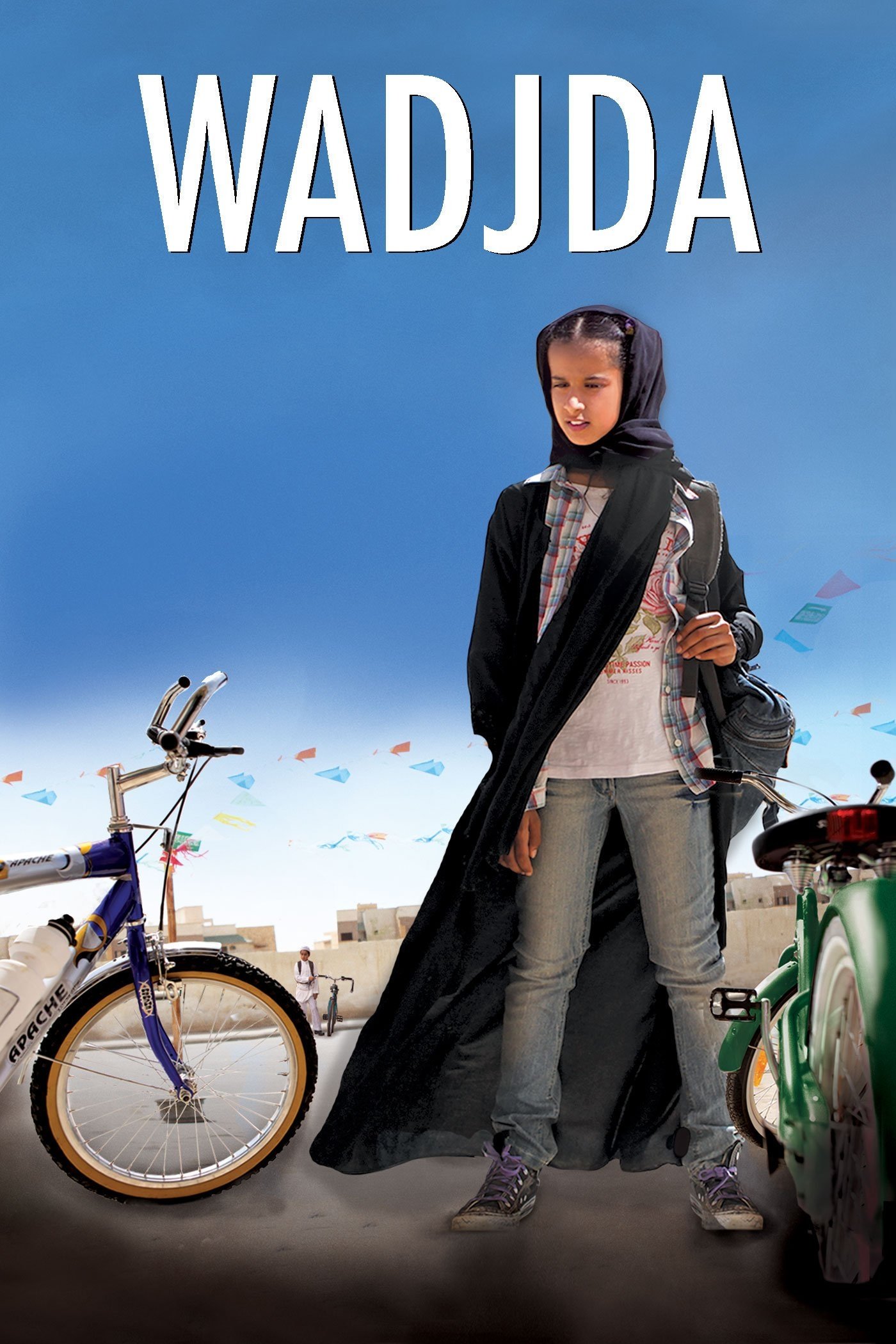
‘Wadjda’ revolves around a young girl residing in Riyadh who harbors a desire for a bike. In her quest to acquire the funds, she participates in a school contest. This story subtly delves into themes of personal freedom, public spaces, and societal pressures faced by girls.
The movie, directed by Haifaa al Mansour – the pioneering female director in Saudi Arabia – was filmed under challenging circumstances that significantly influenced its production. This groundbreaking film garnered worldwide attention by showcasing the daily obstacles faced by girls striving for independence and underscored the vital role education and family backing play in their journey towards freedom.
‘Persepolis’ (2007)
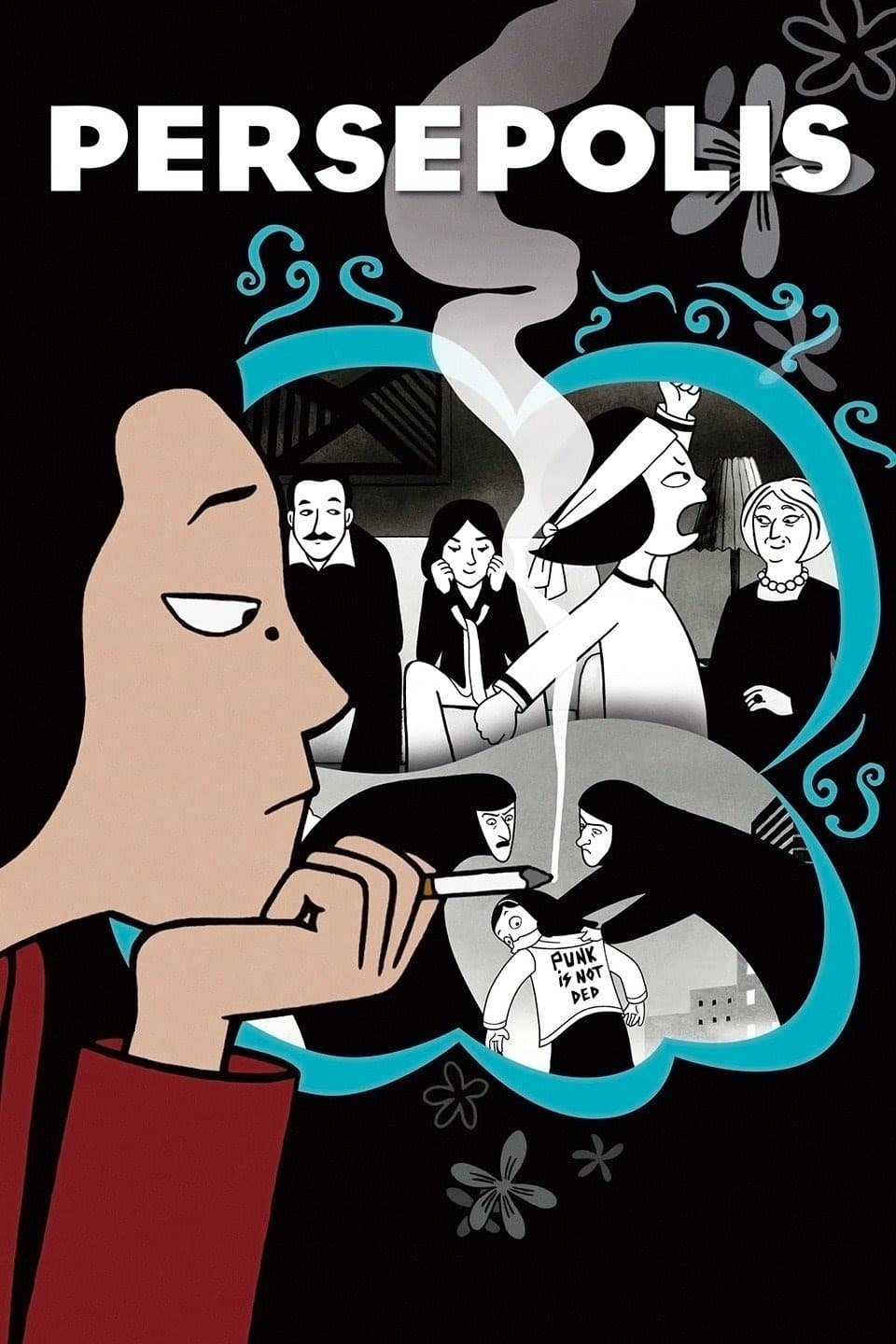
According to Marjane Satrapi’s graphic novel, ‘Persepolis’, the narrative revolves around a childhood spent in Tehran amidst the revolutionary times. During this period, there was an enforcement of stringent dress and conduct rules for women, which is portrayed in the film through scenes set in schools, on the streets, and within family discussions. These scenarios illustrate how societal changes significantly impacted day-to-day existence.
In collaboration with Marjane Satrapi and Vincent Paronnaud, I helped create an animated masterpiece that vividly portrays themes such as censorship, exile, and return. This thought-provoking work often serves as a launching pad for educational discussions in classrooms, delving into complex topics like civil liberties, gender segregation, and the intersection of religion and government regulations.
‘Battle of the Sexes’ (2017)
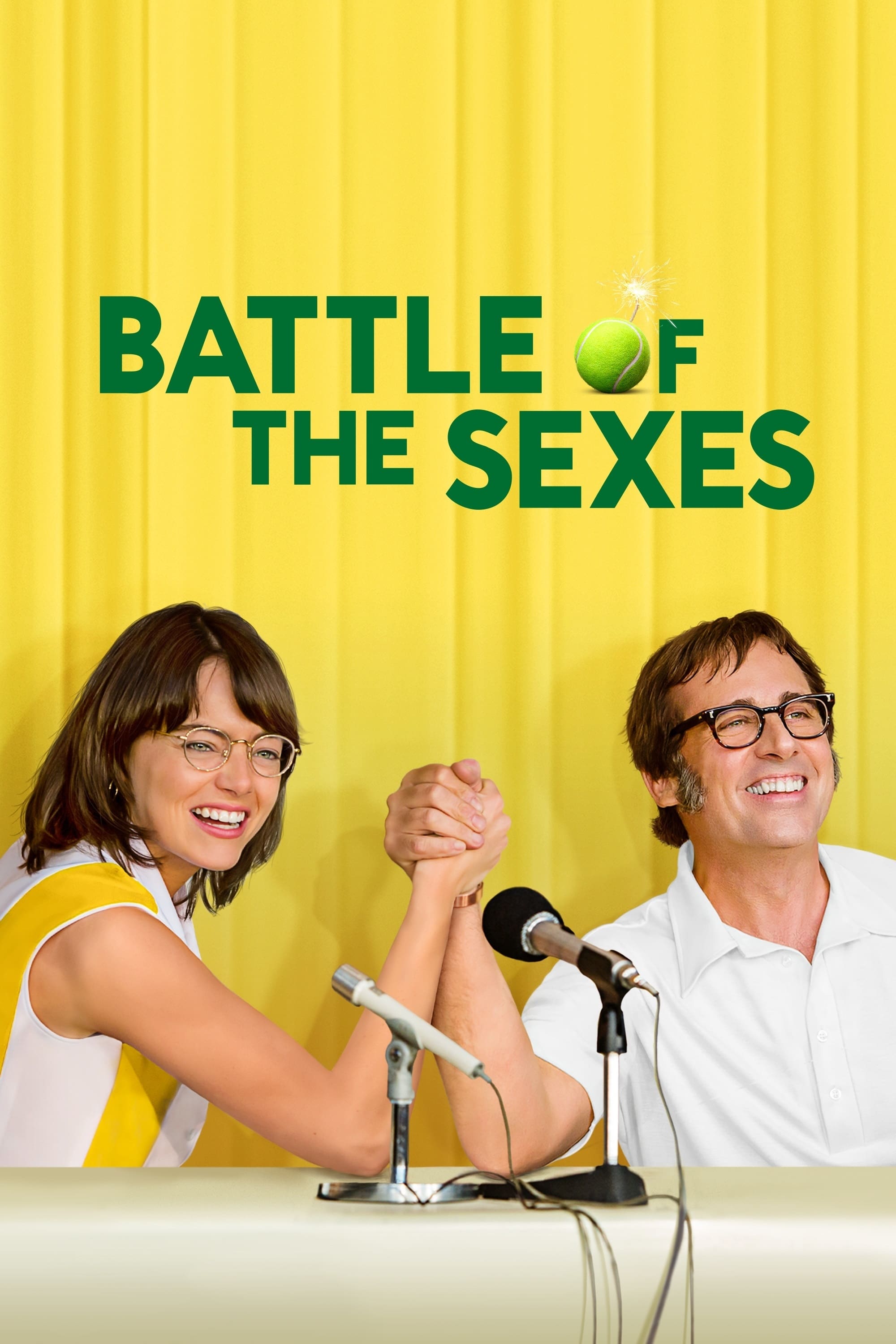
‘Battle of the Sexes’ portrays the iconic tennis showdown between Billie Jean King and Bobby Riggs, setting it against the backdrop of the fight for equal pay in tennis and the establishment of a women’s professional circuit. The movie delves into the strategies used by media, sponsors, and the significant implications for the evolution of women’s sports.
Under the guidance of directors Jonathan Dayton and Valerie Faris, this film features Emma Stone and Steve Carell. The story revolves around the establishment of the Women’s Tennis Association and the ensuing negotiations with tournament organizers. It illustrates how a prominent event contributed significantly to gathering backing for equal opportunities and financial backing in women’s sports, thereby highlighting its impact on gender equality in athletics.
‘A League of Their Own’ (1992)
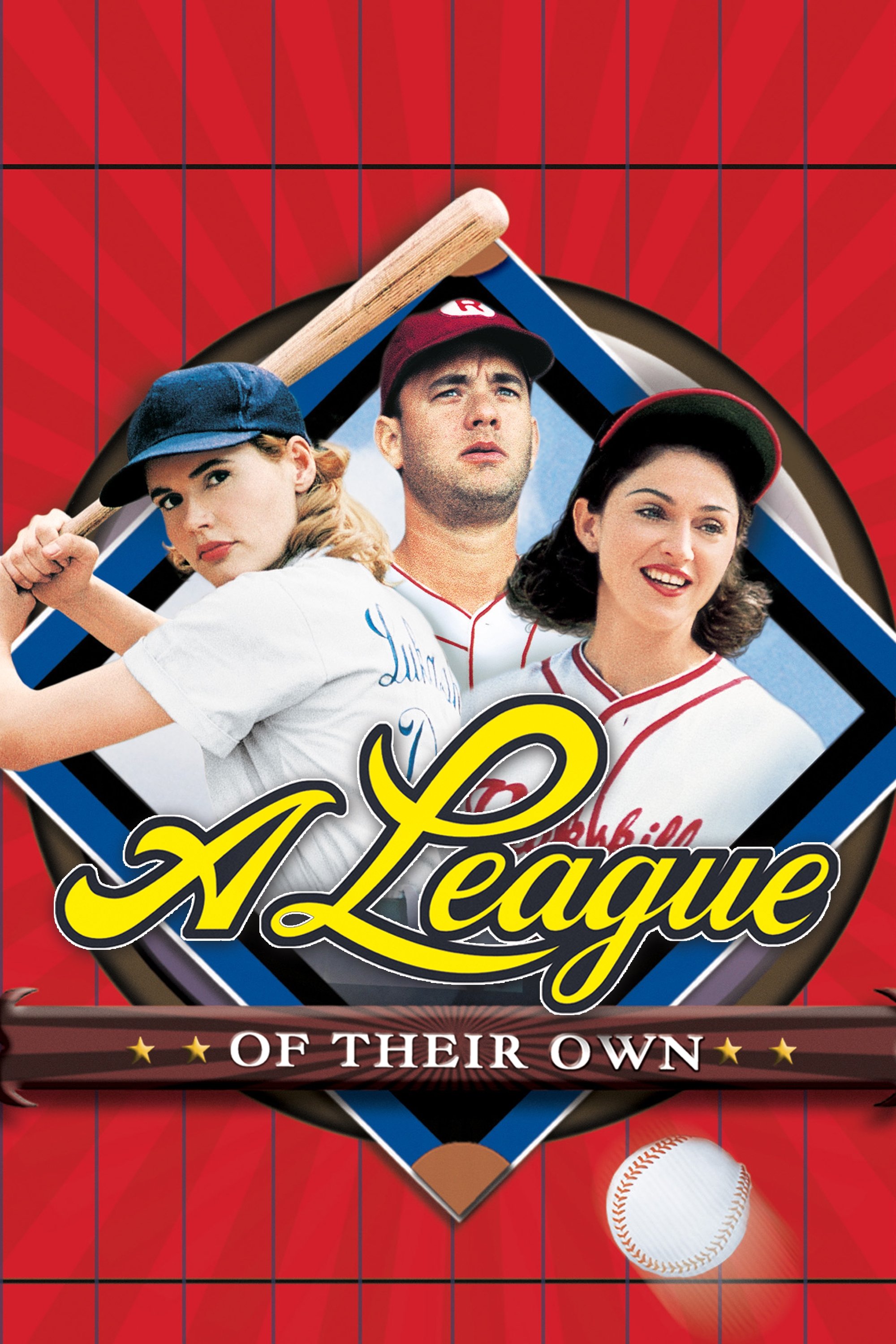
‘A League of Their Own’ portrays the establishment of the All-American Girls Professional Baseball League which sprung up during war times as men’s teams took a break. This movie chronicles the auditions, journeys, exclusive rules particular to this league, and the marketing strategies that aimed to reconcile sports prowess with societal beauty norms.
Under the guidance of Penny Marshall and featuring performances by Geena Davis, Lori Petty, and Tom Hanks, this tale documents a groundbreaking league that opened doors for women in sports. A museum tour serves as a bridge between personal recollections and historical records, enabling viewers to comprehend how the league paved the way for future funding and training enhancements for female athletes.
‘Miss Representation’ (2011)
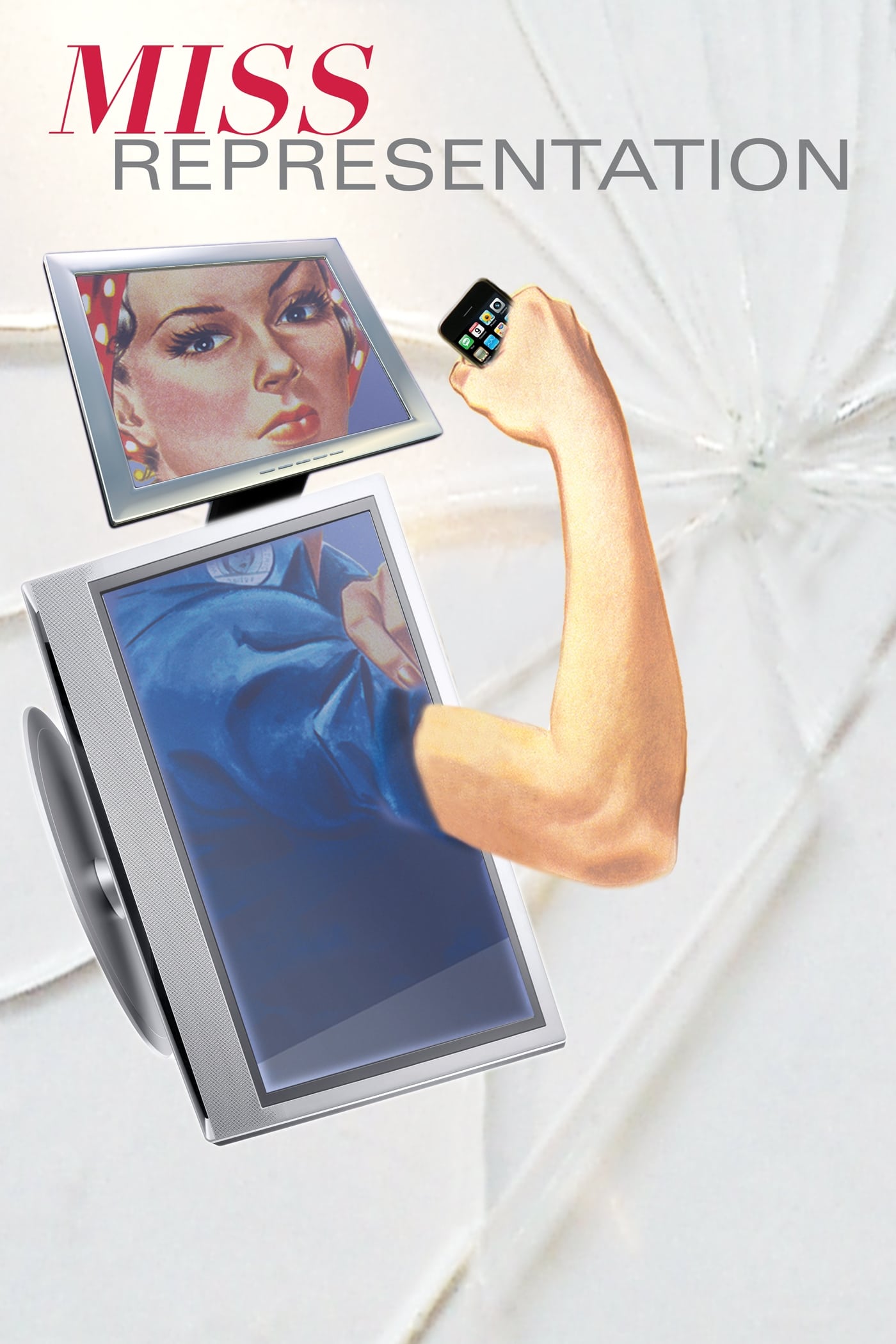
Analyzing the Portrayal of Women in Mainstream Media – ‘Miss Representation’
This documentary delves into how traditional media outlets represent women and how these representations shape political leadership and career opportunities. It features discussions with celebrities, journalists, and public office holders, while also presenting facts about on-screen roles, airtime, and newsroom management.
The movie, under the direction of Jennifer Siebel Newsom, includes supplementary resources often utilized in academic institutions and community groups. It advocates for media awareness and provides actionable strategies for content creators and viewers alike, promoting fairer and truer portrayals in media.
‘He Named Me Malala’ (2015)
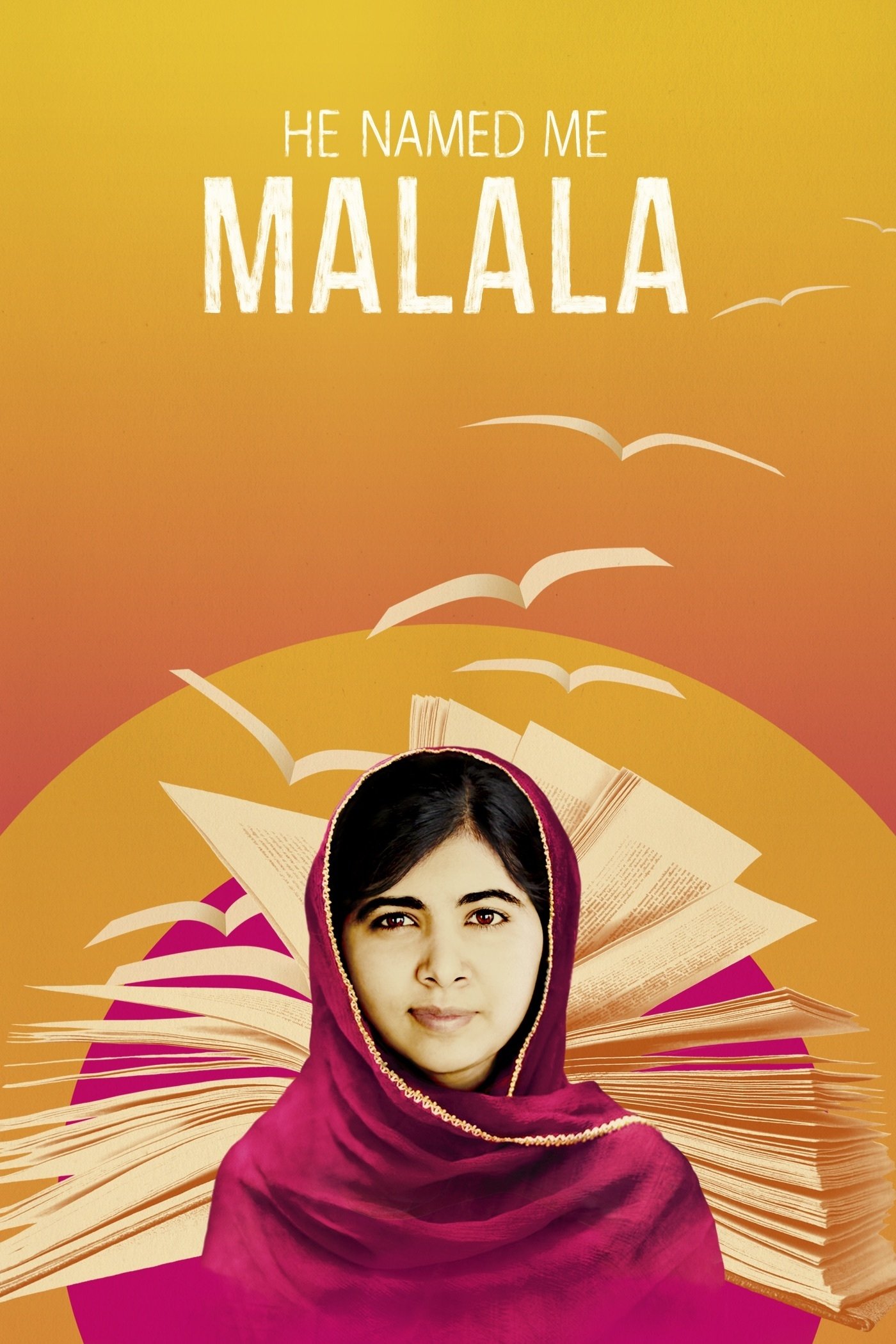
‘He Named Me Malala’ is a movie that showcases Malala Yousafzai’s mission for girls’ education following her survival from an assault. It delves into her interactions with students, appearances at global conferences, and the creation of a foundation which empowers local organizations in our rephrased version.
Under the guidance of Davis Guggenheim, this work delves into the reasons behind school shutdowns, educational limitations, and community hazards that impede access to education. It emphasizes collaborations between educators and policymakers and demonstrates how scholarships and local activism positively impact the enrollment and graduation rates for girls.
Please feel free to suggest movies that you believe should be included in this list, and share your thoughts on which female empowerment or women’s rights-related narratives particularly struck a chord with you in the comments section below.
Read More
- Top 15 Insanely Popular Android Games
- Did Alan Cumming Reveal Comic-Accurate Costume for AVENGERS: DOOMSDAY?
- ELESTRALS AWAKENED Blends Mythology and POKÉMON (Exclusive Look)
- Gold Rate Forecast
- EUR UAH PREDICTION
- Core Scientific’s Merger Meltdown: A Gogolian Tale
- Why Nio Stock Skyrocketed Today
- New ‘Donkey Kong’ Movie Reportedly in the Works with Possible Release Date
- 4 Reasons to Buy Interactive Brokers Stock Like There’s No Tomorrow
- EUR TRY PREDICTION
2025-09-06 09:47